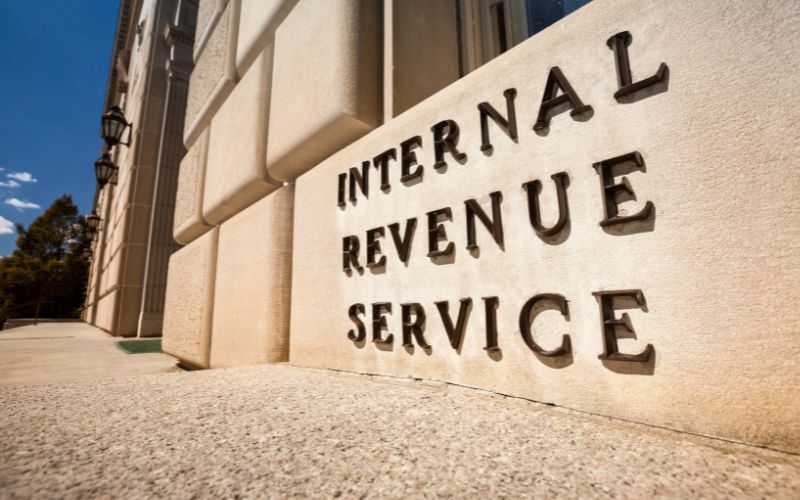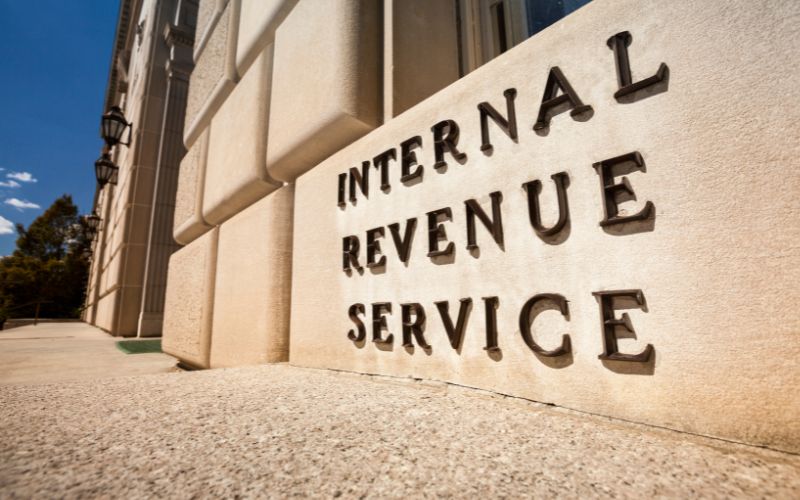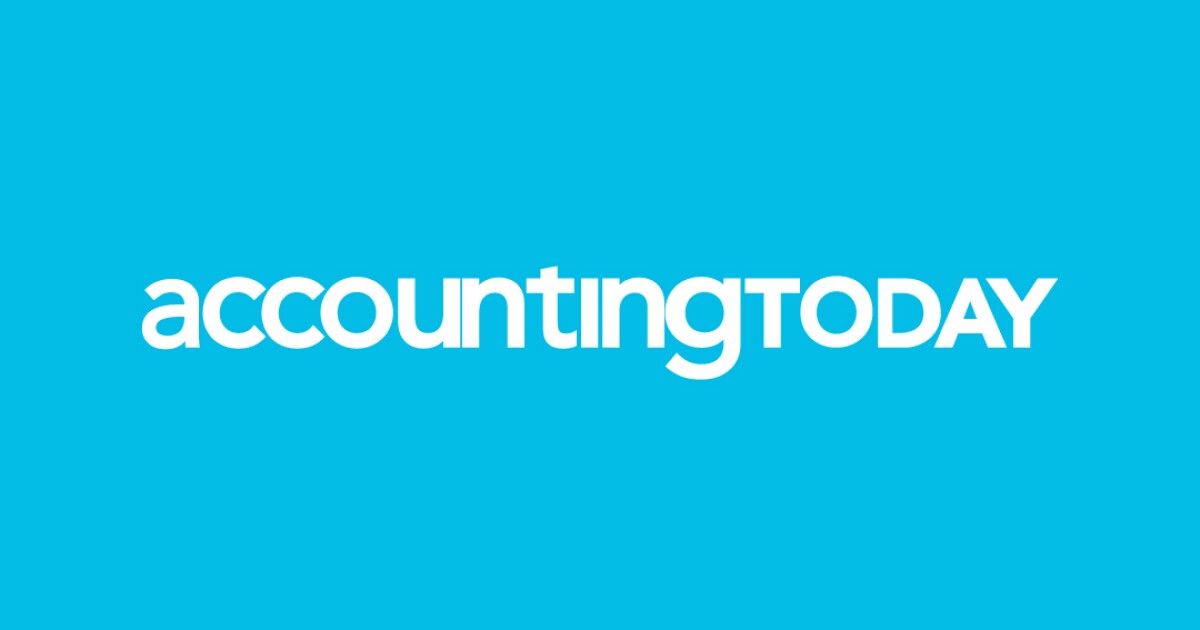
In order to uncover money laundering and other illegal activities, firms must report large cash payments to the Internal Revenue Service by filing form 8300 with FinCEN (the Financial Crimes Enforcement Network). John Scott, Tax Partner at Anders CPAs + Advisors, has some information to share about the form below.
Cash for these purposes include both US and other country’s currency (personal checks, cashier’s checks, money orders, traveler’s checks etc.) and, going forward, digital currencies will also be included in the definition of cash.
The reporting requirements state that if your firm receives more than $10,000 in cash payments in a single transaction or related transactions you must file electronically form 8300 within 15 days of the transaction. Part of the Bank Secrecy Act, passed by Congress in 1970, IRS Form 8300 also requires businesses to report suspicious transactions of any amount.
Note: While the formal definition of ‘related transactions’ are transactions that take place within a 24-hour period, if the recipient knows that a series of transactions are related, the same rules apply.
You must also notify in writing by January 31 of the following calendar year each person identified for which form 8300 will be filed that you provided this information to the IRS. On this written statement, you must include the contact information of your firm (name, address, contact person and phone number) and the aggregate amount of reportable cash.
Form 8300 can be filed electronically with FinCEN, or you can mail in a paper form.
Failure to both file form 8300 and notify those identified in the reportable transaction will result in substantial penalties. You may also voluntarily file this form to report cash transactions below the $10,000 limit without giving notice to individuals identified on the form. But again, this is voluntary. Generally, if you file Form 8300, they must be filed electronically. And you must keep copies of your filing notice and notices for five years.
The penalties for failing to comply with the rules and notices surrounding this form are substantial. Some of the clients who are paying with cash or digital assets may be involved in illegal activities, so consider a policy that covers not accepting cash or cash-like payments for your services.
Questions about form 8300, how cash payments might impact your business, or our virtual accounting services for law firms? Feel free to reach out.




